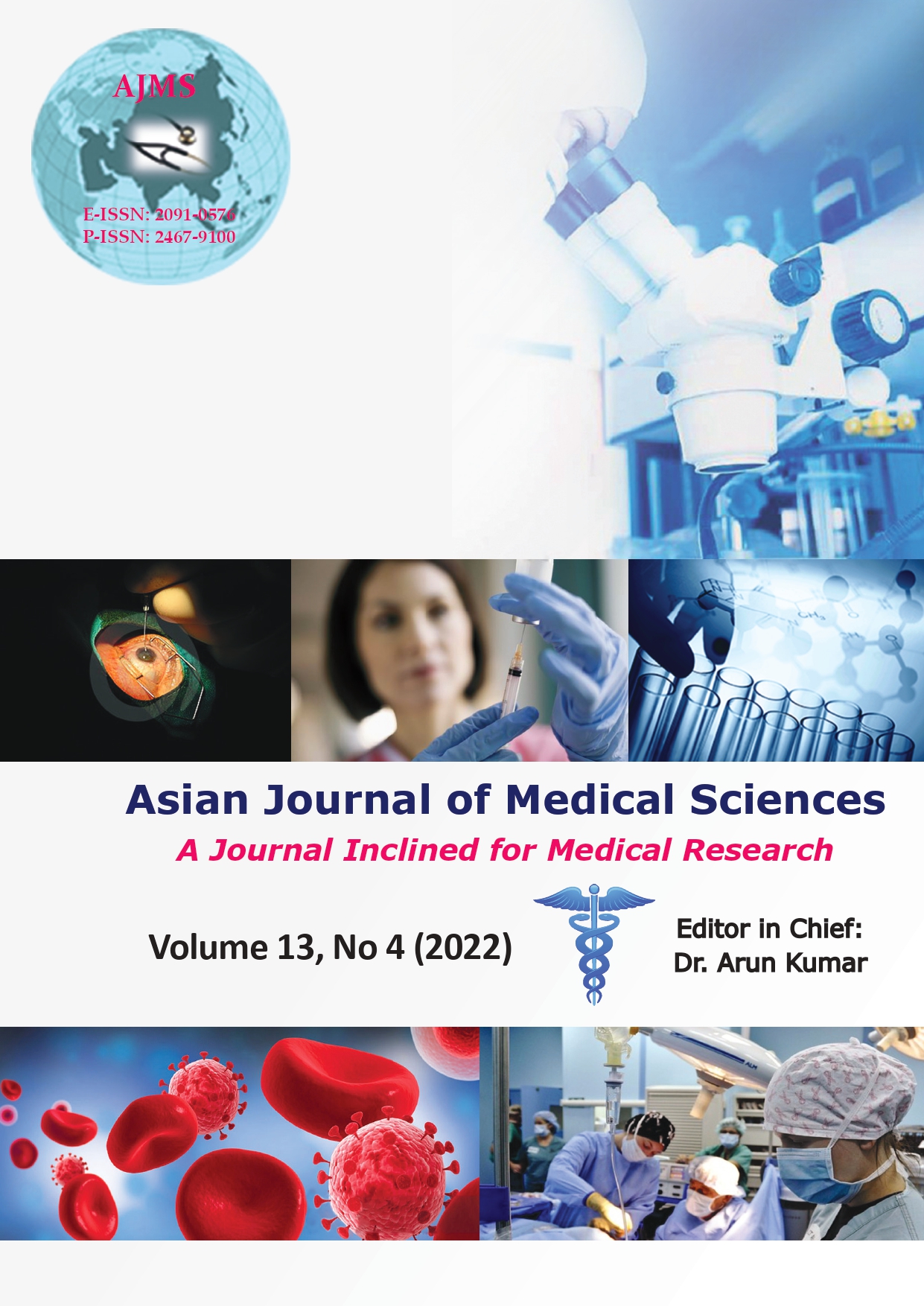Efficacy and safety of isotretinoin in comparison to methotrexate in the patients suffering from moderate-to-severe plaque psoriasis: A prospective cohort study
Keywords:
Dermatology life quality index score, Isotretinoin, Methotrexate, Psoriasis area severity index score, PsoriasisAbstract
Background: Psoriasis is a common dermatological disorder with both inflammatory and genetic etiology. In India, the incidence of psoriasis is on the verge of rise. Very less data is available on the efficacy of isotretinoin versus methotrexate in patients suffering from plaque psoriasis.
Aims and Objective: In this prospective cohort study, we aimed at comparing the efficacy and safety of systemic isotretinoin with systemic methothotrexate in patients suffering from moderate to severe plaque psoriasis in a tertiary care medical college hospital in eastern India.
Materials and Methods: It was a prospective cohort study conducted in the dermatology and pharmacology department of Burdwan Medical College between December 1, 2020, and August 31, 2021, on 60 patients suffering from moderate to severe plaque psoriasis. Patients receiving methotrexate and isotretinoin as systemic therapy of psoriasis from the dermatology outpatient department at the time of the study constituted the methotrexate and isotretinoin group, respectively. Each group had 30 patients. Psoriasis area severity index (PASI) score and dermatology life quality index (DLQI) score were utilized for evaluation of improvement in disease severity and quality of life, respectively. Different laboratory parameters and patients reported side effects were noted for evaluation of safety.
Results: Fifty-eight patients completed the study (28 patients from methotrexate group and 30 patients from isotretinoin group). Both drugs were effective in managing psoriasis. 100% patients in the methotrexate group and 89.28% patients in the isotretinoin group had reached the threshold for a minimal response (25% reduction from baseline PASI score after 12 weeks of treatment). The mean percentage reduction in PASI score was 70.23±6.78 and 52.78±7.34 in methotrexate and isotretinoin group respectively at the end of 12 weeks therapy. This difference was statistically significant. Methotrexate was more effective in improving quality of life. The mean percentage reduction in DLQI score were 60.02±5.04 and 28.49±4.84 in methotrexate and isotretinoin group respectively at the end of 12 weeks therapy. This difference was statistically significant. Isotretinoin group showed fewer patient-reported side effects and lower fluctuation of laboratory parameters.
Conclusions: Methotrexate is more efficacious than isotretinoin in disease remission and improving quality of life in patients suffering from mild to moderate plaque psoriasis. Isotretinoin is safer than methotrexate.
Downloads
Downloads
Published
How to Cite
Issue
Section
License
Copyright (c) 2022 Asian Journal of Medical Sciences

This work is licensed under a Creative Commons Attribution-NonCommercial 4.0 International License.
Authors who publish with this journal agree to the following terms:
- The journal holds copyright and publishes the work under a Creative Commons CC-BY-NC license that permits use, distribution and reprduction in any medium, provided the original work is properly cited and is not used for commercial purposes. The journal should be recognised as the original publisher of this work.
- Authors are able to enter into separate, additional contractual arrangements for the non-exclusive distribution of the journal's published version of the work (e.g., post it to an institutional repository or publish it in a book), with an acknowledgement of its initial publication in this journal.
- Authors are permitted and encouraged to post their work online (e.g., in institutional repositories or on their website) prior to and during the submission process, as it can lead to productive exchanges, as well as earlier and greater citation of published work (See The Effect of Open Access).




